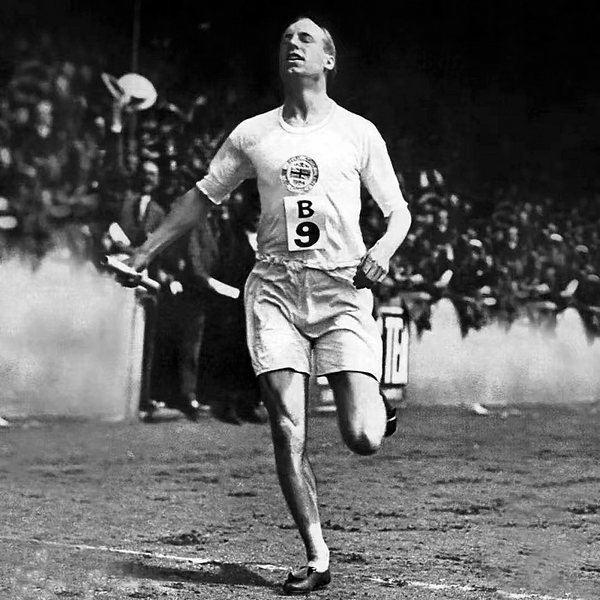

In 1929, the stadium was host to a much-anticipated international track and field competition, in which Liddell defeated German athlete Otto Peltzer in the men's 500m, winning the last gold medal of his life.
In 1934, the 32-year-old married Canadian Florence Mackenzie. With the outbreak of World War II, Liddell sent his pregnant wife and children back to Canada in 1941 while he remained in Tianjin to help to treat wounded soldiers and aiding refugees. In 1943, he was captured by the Japanese army and imprisoned in a concentration camp in today's Weifang in Shandong province.
In the camp, he taught science and organized sports activities, inspiring fellow prisoners with his optimistic attitude. However, long-term imprisonment and malnutrition severely damaged his health. In early 1945, Liddell passed away due to a brain tumor at the age of 43.
"We refer to Eric Liddell as a Scottish hero and a Scottish icon. We call him the 'Flying Scotsman'. Not only was he a great sportsman, he had a really positive outlook on life. His compassion, integrity and passion are the values that we can hold dear today, whether in China or Scotland," says Catriona Radcliffe, head of the Scottish government office in China.
Liu Jianbin, director of the Tianjin Sports Museum, says that regardless of the changes to Liddell's identity and environment, he remained consistent, practicing his simple beliefs and pursuing the meaning of life. His spirit and strength transcend time to inspire people.
Xinhua